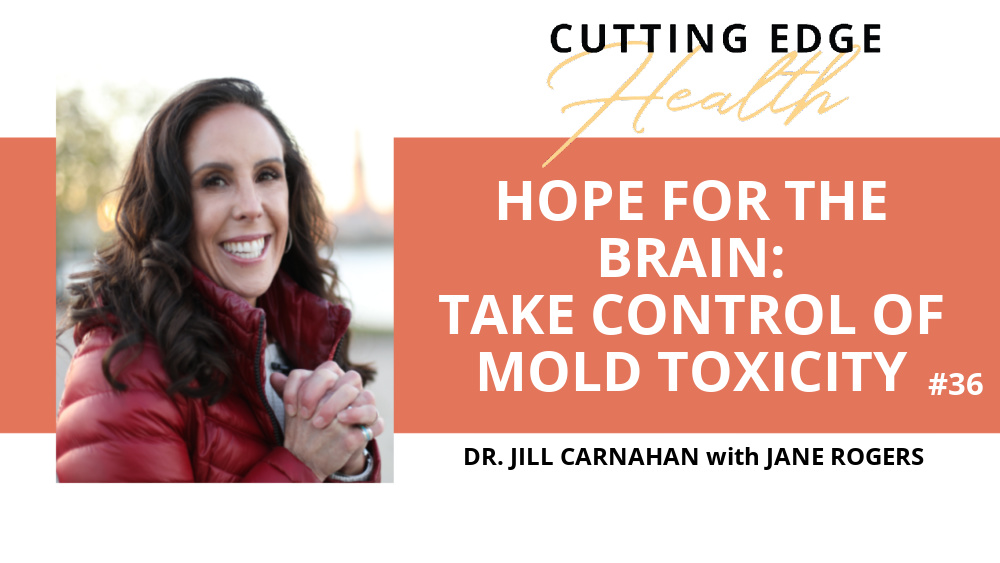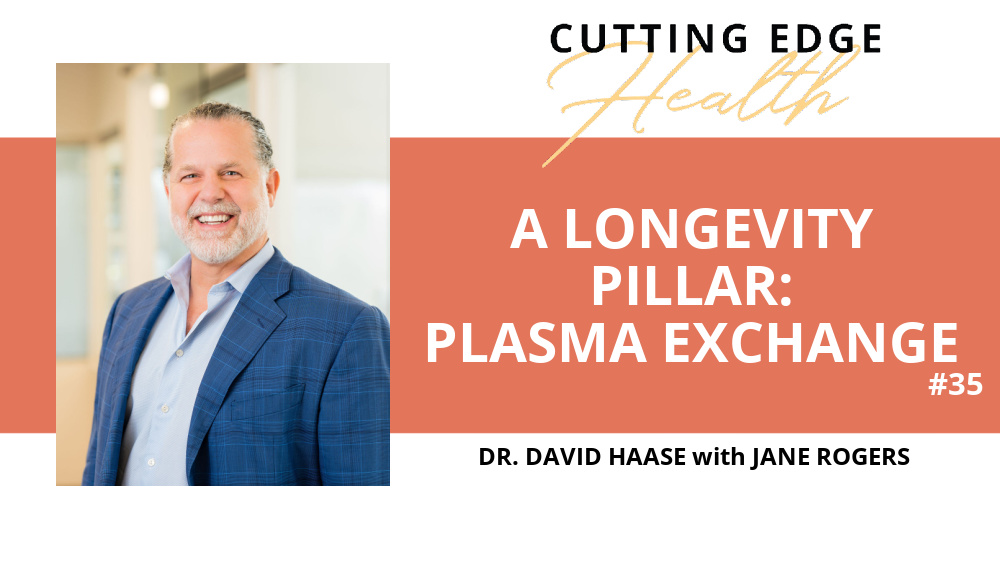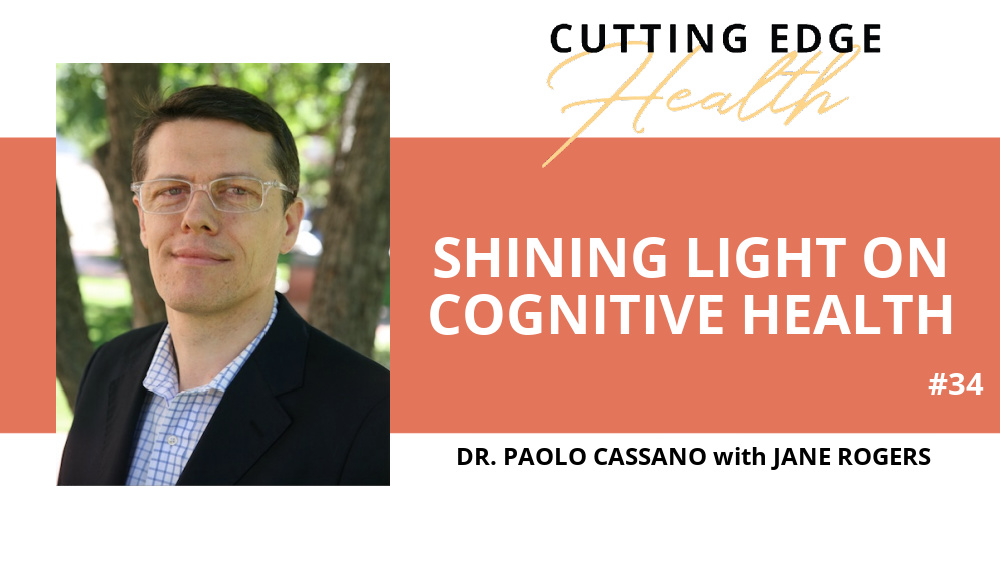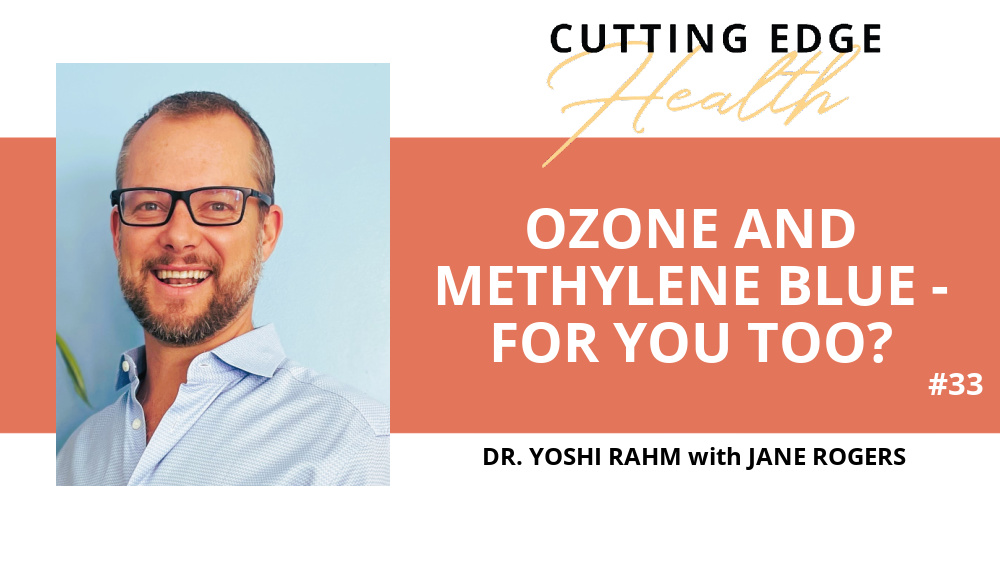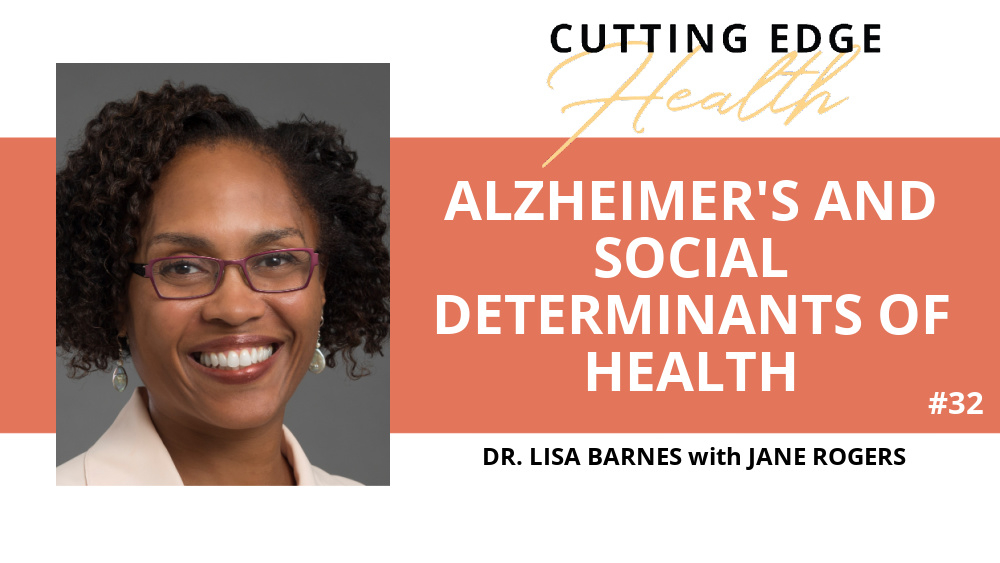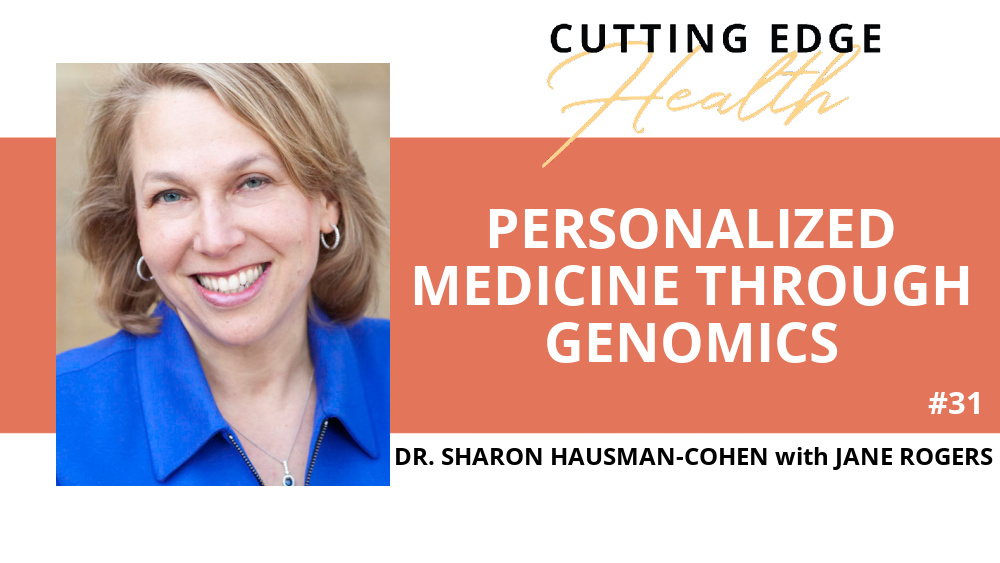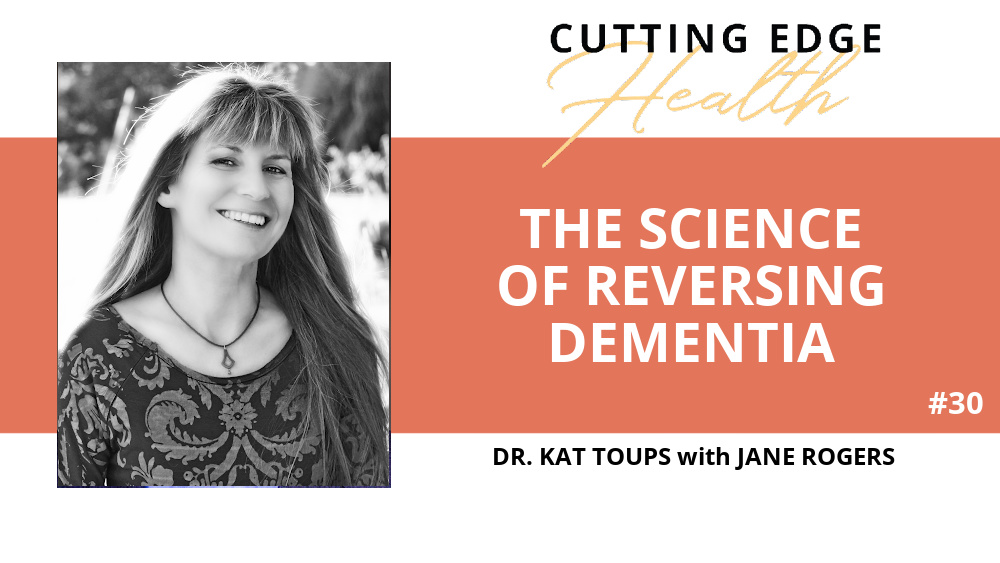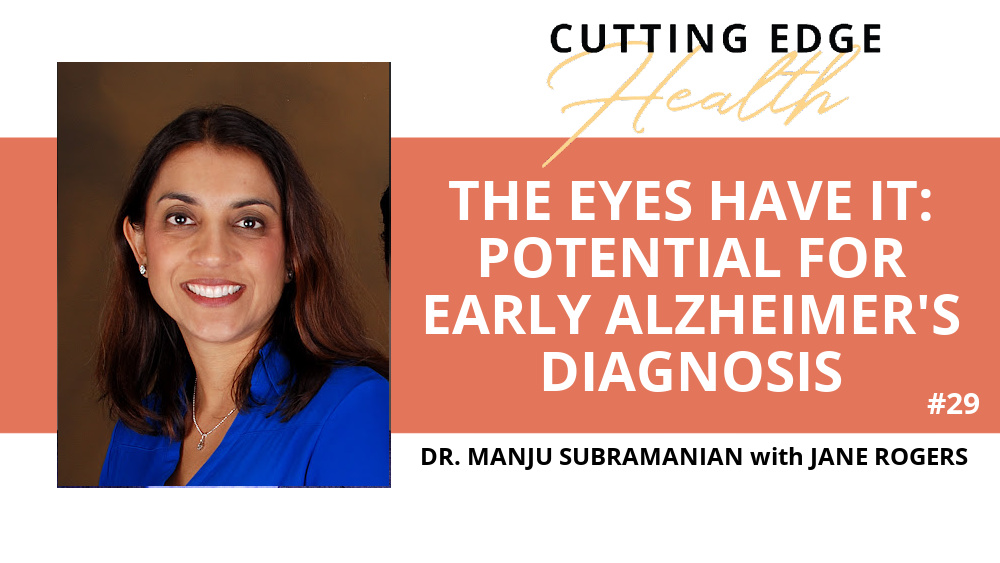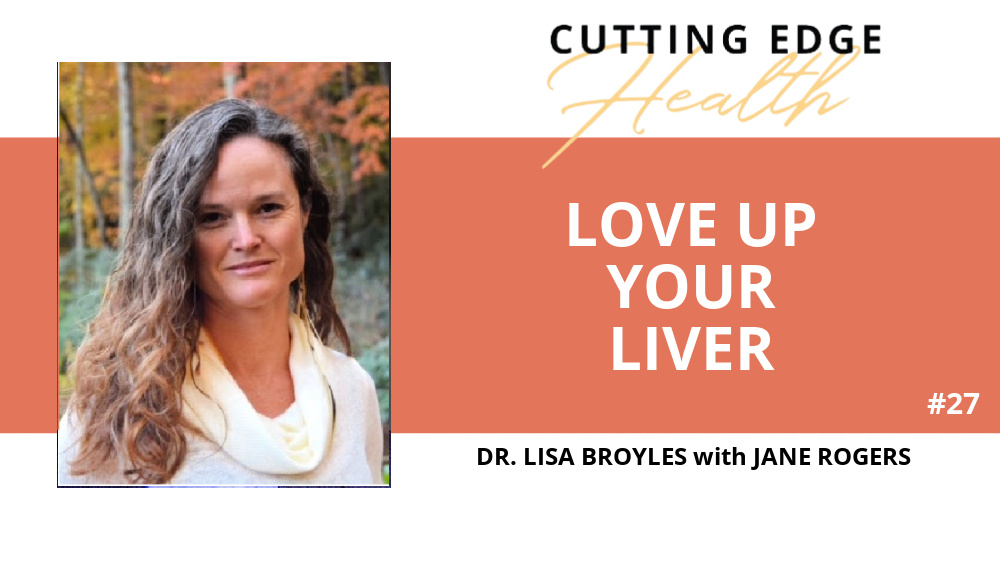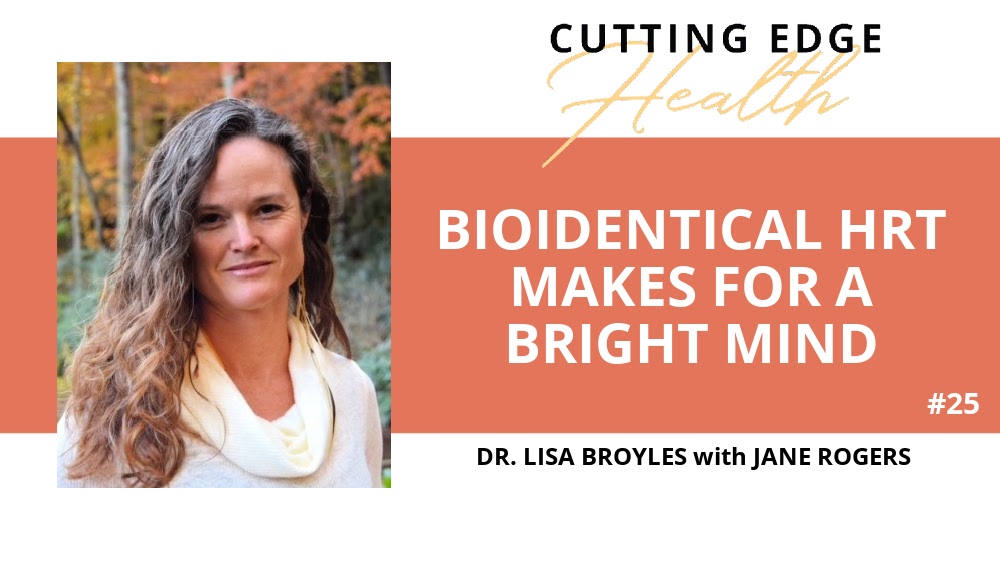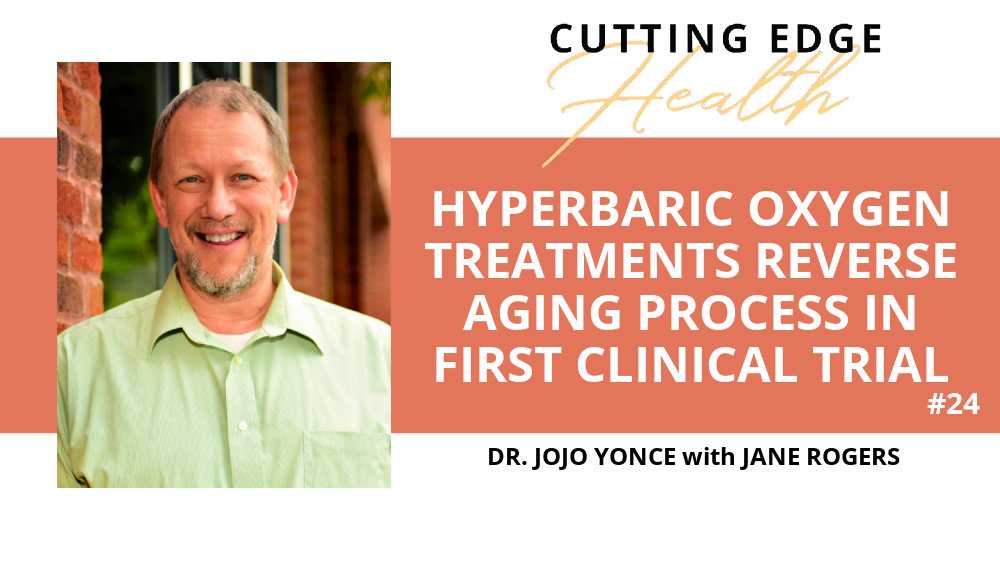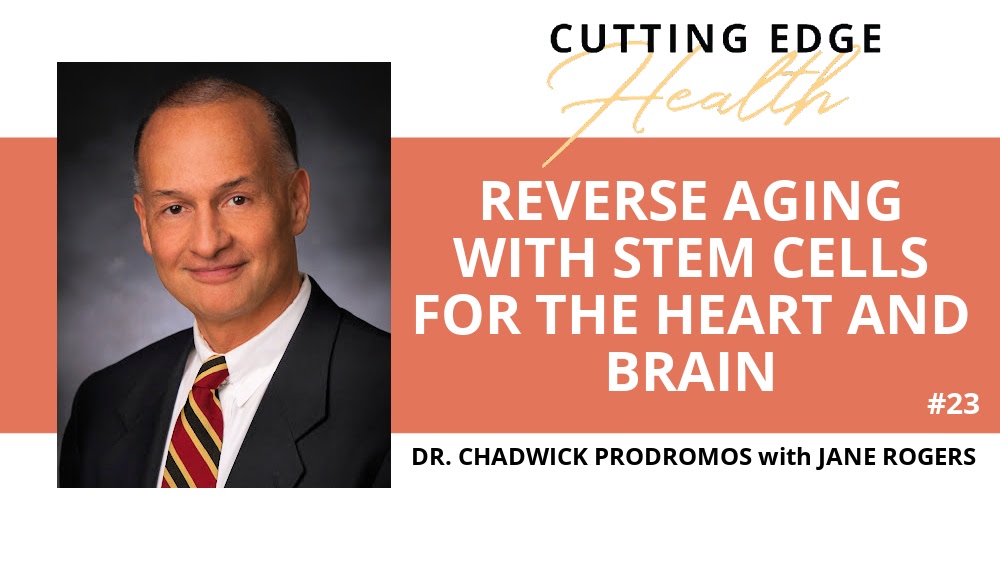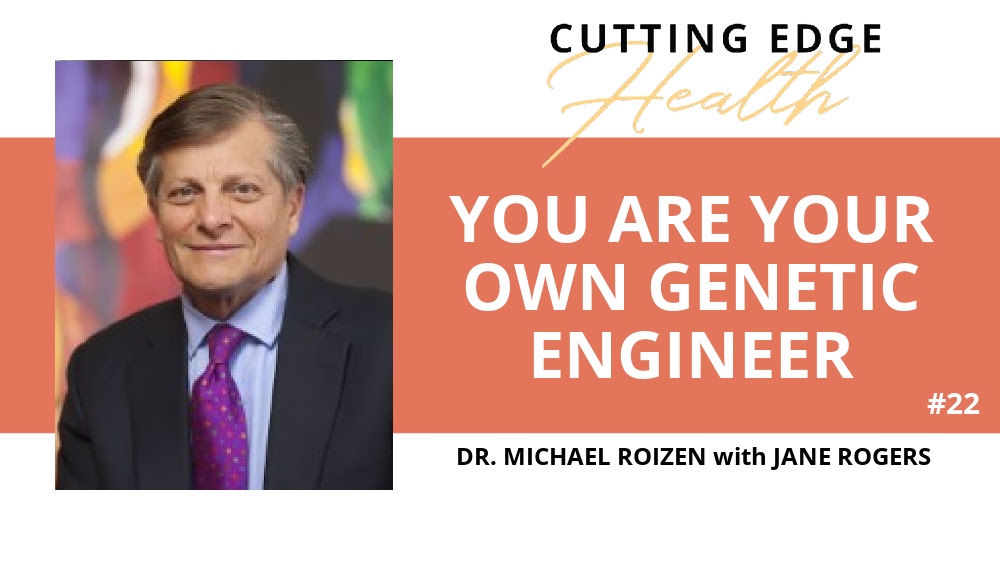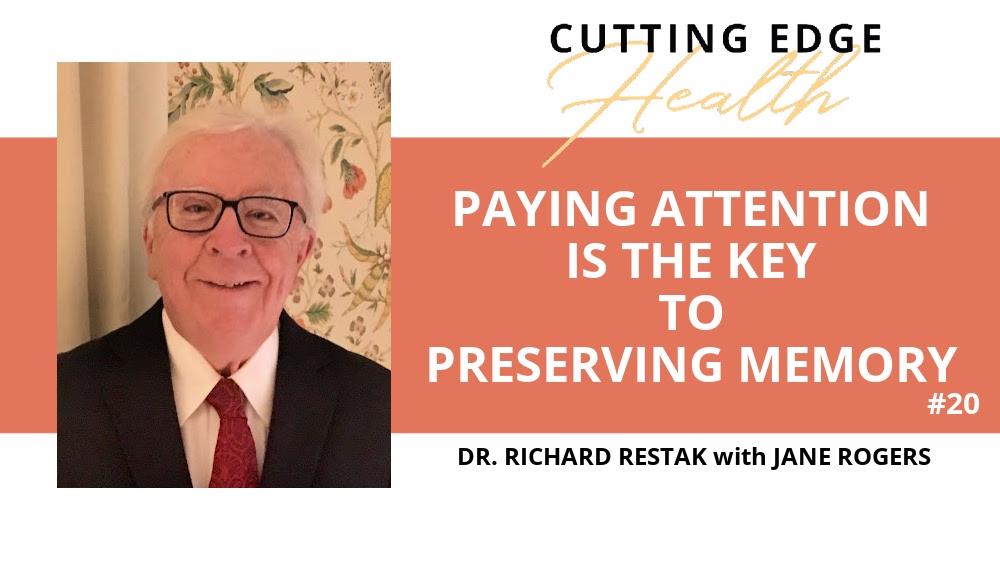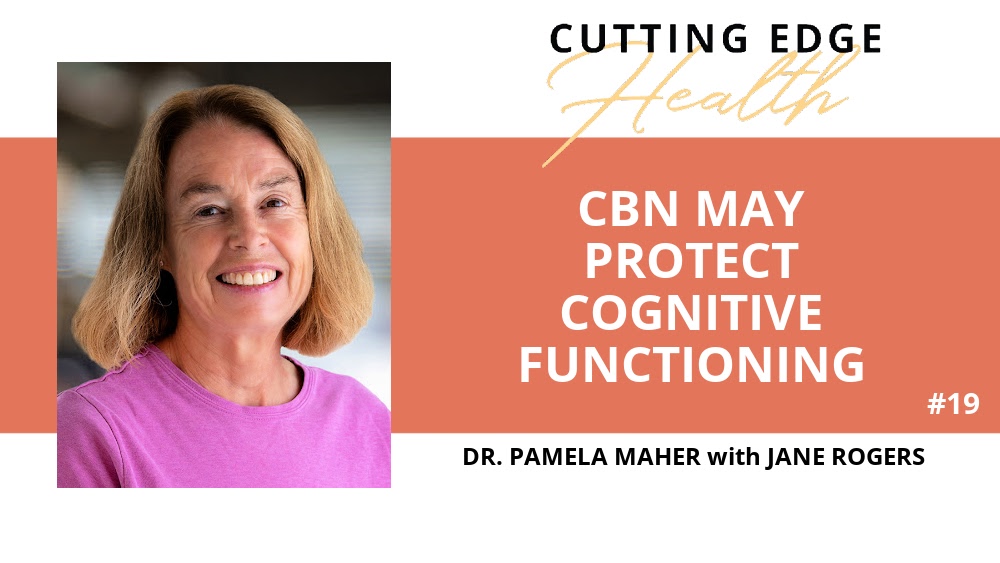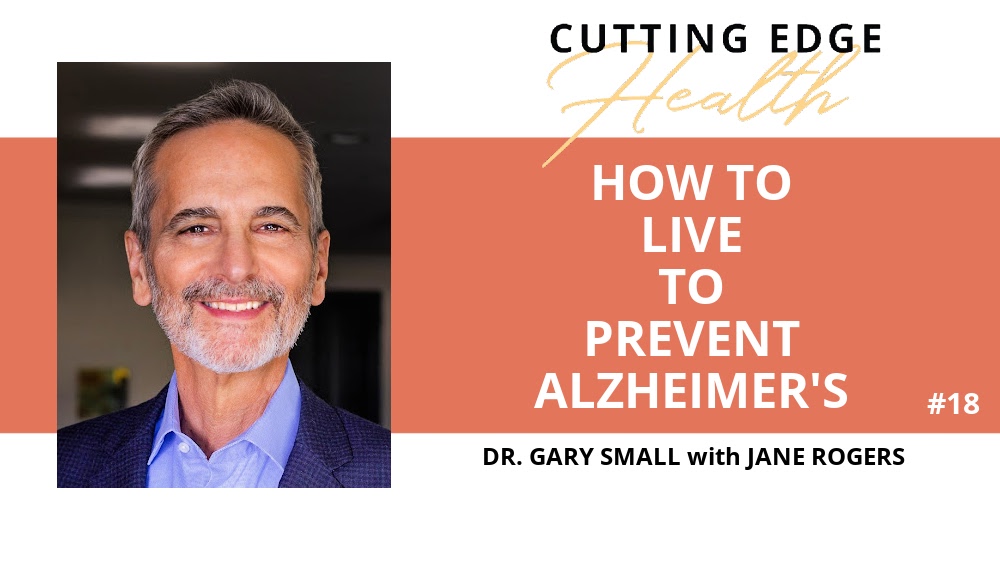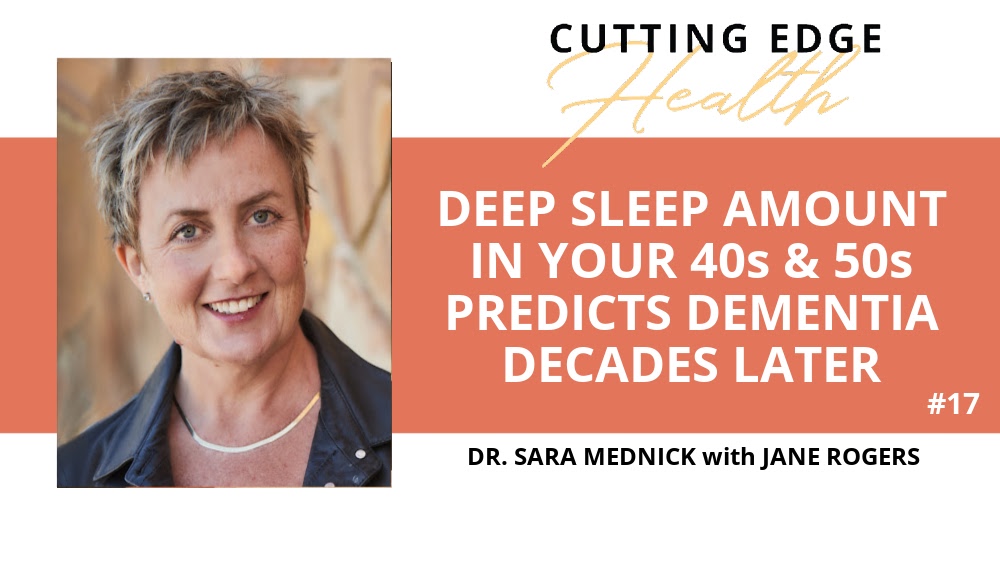EPISODE #31
PERSONALIZED MEDICINE THROUGH GENOMICS
Dr. Sharon Hausman-Cohen
with Jane Rogers
Do You Have The Gene Modifiers That Decrease ApoE4 Dementia Risk?
Listen to the Audio version of the podcast below. Click the download button (with icon of arrow pointing down) to save a copy to your device and to share with others!
What you'll learn in this podcast....
For those who want to truly assess your genetic risk of Alzheimer’s, IntellxxDNA has created a tool to help. With a simple cheek swab, this Austin, Texas based firm can provide you and your health care provider with a personalized genetic report that goes much deeper than what you’ll get from most genetic testing. For those with the APOE-4 Alzheimer’s gene there are other genes to know about that either can dramatically increase or decrease your risk of developing the disease. Having this information allows one to take action early to prevent its onset.
Sharon Hausman-Cohen, MD is our guest for this podcast episode. She and her co-founder, Carol Bilich, developed IntellxxDNA. Their research is focused on making genetics actionable and understandable for each individual patient and their provider.
There are dozens of gene variants that can interact with ApoE4 and act as gene modifiers that decrease or increase ApoE4 dementia risk. Some of these include:
• TOMM40 and ApoC1 – If no TOMM40 or ApoC1, the risk of ApoE4 is lowered to very close or equal to ApoE 3/3.
• BCHE–K variant – This variant, when present, makes it more likely for amyloid to form tangles. Only about 35% of people have this variant. Being part of the 65% of individuals who do not have this variant or being “BCHE-K variant” negative halves the risk of ApoE4. Conversely, being BCHE – K variant positive doubles the risk.
•There are other variants in detox pathways, hormone receptor pathways and inflammatory pathways and more that also interact with ApoE4.
Listen to learn more.
About Dr. Sharon Hausman-Cohen
Dr. Sharon Hausman-Cohen is the Chief Medical Officer and co-founder of IntellxxDNA™. She received both her master’s degree and medical degree from Harvard Medical School. She is a fellow of the American Academy of Family Medicine and a diplomate of the American Board of Integrative Medicine. Dr. Hausman-Cohen has been in the field of integrative medicine for over 25 years. She is the co-author of many publications relating to genomics including three that focus on cognitive decline and two that focus on autism. She is also the primary author of a precision medicine textbook chapter on genomics and neurodegenerative diseases and a chapter in a book published by Frontiers in Neuroscience and Aging relating to frontiers in dementia treatment. She and her co-founder developed IntellxxDNA as an answer to an unmet need in the medicine community; the need for an accurate, evidence-based genomics tool geared at helping physicians practice personalized medicine.
They envisioned and created a tool that could help identify root causes of cognitive decline, autism, environmentally acquired illness, and common chronic illnesses such as heart disease, diabetes, depression, anxiety and obesity. IntellxxDNA’s research has focused on making genomics actionable and understandable, so that clinicians know how to address these genomic factors in a precision way. IntellxxDNA is being used as part of 3 IRB approved clinical trials relating to helping individuals with memory concerns and early dementia as well as children with autism and other complex illnesses. It is also being used as part of medical decision-making by physicians across the country.
Dr. Hausman-Cohen loves combining her passion for science and medicine and using her scientific mind to integrate large amounts of complex data. She also enjoys teaching and has taught extensively across the country at conferences for physicians as well as for community members. Dr. Hausman-Cohen is the co-founder of Resilient Health which is her patient facing practice in Austin, TX.
For access to publications, podcasts and videos see: IntellxxDNA.com
- Transcript
For access to publications, podcasts and videos see: IntellxxDNA.com
- Never miss an episode! Subscribe and follow on your favorite distribution channel.
- Feedback and questions to hello@cuttingedgehealth.com
- Our team would be honored and grateful, if you could leave a 5-star rating on Apple Podcasts.






